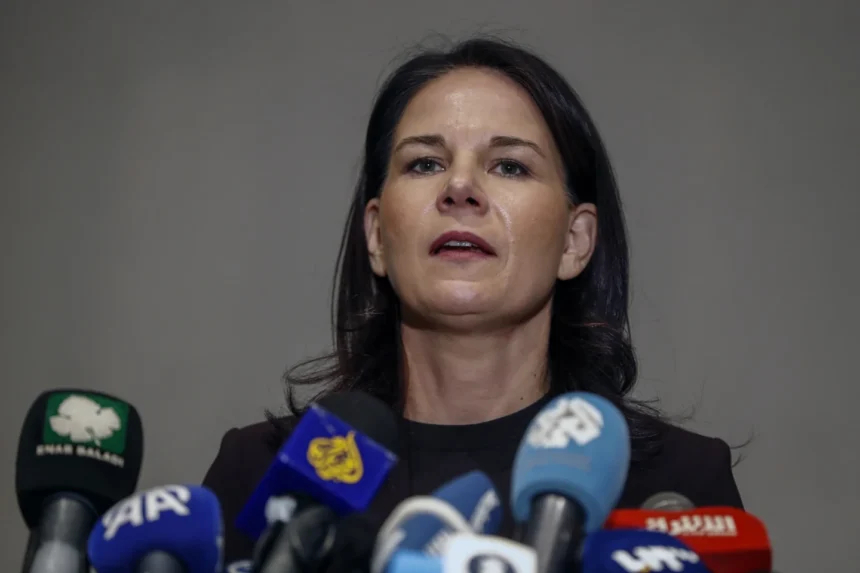In the shadow of escalating violence and turmoil in South Sudan, Germany has made a significant diplomatic retreat by closing its embassy in the capital city of Juba. This decision marks a critical juncture not only for Germany’s foreign relations but also highlights the ongoing humanitarian crisis and instability in one of the world’s youngest nations.
A T volatile Landscape
Since gaining independence from Sudan in 2011, South Sudan has been embroiled in cycles of conflict, primarily driven by ethnic tensions, political power struggles, and a dire economic situation. The situation deteriorated significantly after the civil war erupted in 2013, leading to a protracted humanitarian crisis. The country has faced rampant violence, with millions displaced and facing hunger and disease. The United Nations has deemed South Sudan one of the most conflicted and impoverished nations on the planet, with over 7 million people in urgent need of humanitarian assistance.
Germany’s Withdrawal: A Necessary Precaution
Germany’s decision to close its embassy in South Sudan comes as the nation finds itself on the brink of renewed conflict. The impetus for this withdrawal was not only the dire security environment but also increasing reports of violence against civilians and humanitarian workers. The German Foreign Office stated in a recent announcement that the closure was implemented as a precautionary measure to safeguard diplomatic staff and their families.
The closure symbolically represents a broader retreat from foreign engagement in a region fraught with unrest. Other international entities, including the United Nations, have also faced significant operational challenges, with escalating attacks on peacekeeping missions. Diplomatic missions are often the first to react to deteriorating conditions, effectively signaling an urgent need for humanitarian attention and peacebuilding efforts.
The Implications of Germany’s Withdrawal
Germany has historically emphasized its commitment to global humanitarian efforts and political stability, particularly through its engagement in international organizations and peacekeeping missions. The closure of its embassy in Juba raises concerns regarding the continued international presence in South Sudan and the long-term implications for the peace process.
For South Sudan, the loss of German representation will further isolate the country on the international stage. Germany has been a key player in supporting developmental projects, advocating for human rights, and providing humanitarian assistance. This closure underscores the growing anxiety among foreign diplomats and organizations regarding the viability of South Sudan as a stable ground for international engagement.
The Humanitarian Crisis Deepens
The deteriorating security situation in South Sudan, underlined by Germany’s closure, exacerbates an already dire humanitarian crisis. With food insecurity reaching alarming levels and millions facing starvation, international aid is more crucial than ever. The pullback of foreign diplomatic missions could signal a worrying trend where the humanitarian needs of South Sudanese citizens may receive inadequate attention from international stakeholders.
The Path Forward
As the international community wrestles with how best to respond to the crisis in South Sudan, the emphasis must remain on creating a safe, secure environment for diplomatic missions and humanitarian agencies to operate. Peace negotiations must be prioritized by the leaders in South Sudan and supported by the international community to foster dialogue and promote understanding among conflicting parties.
For Germany, while the embassy’s closure is a necessary precaution in the face of rising violence, it must also consider other avenues to maintain support for peace and development in South Sudan. As diplomatic ties evolve, Germany’s foreign policy will need to adapt to ensure that it continues to contribute meaningfully towards addressing the ongoing challenges in South Sudan.
In conclusion, Germany’s diplomatic retreat from South Sudan is a poignant reminder of the fragility of peace in regions impacted by conflict. The hope remains that enhanced international cooperation and renewed commitments to humanitarian efforts can help guide South Sudan toward a more stable and prosperous future, even in the face of remarkable adversity.
Email Us on editorial@nnafrica.com













